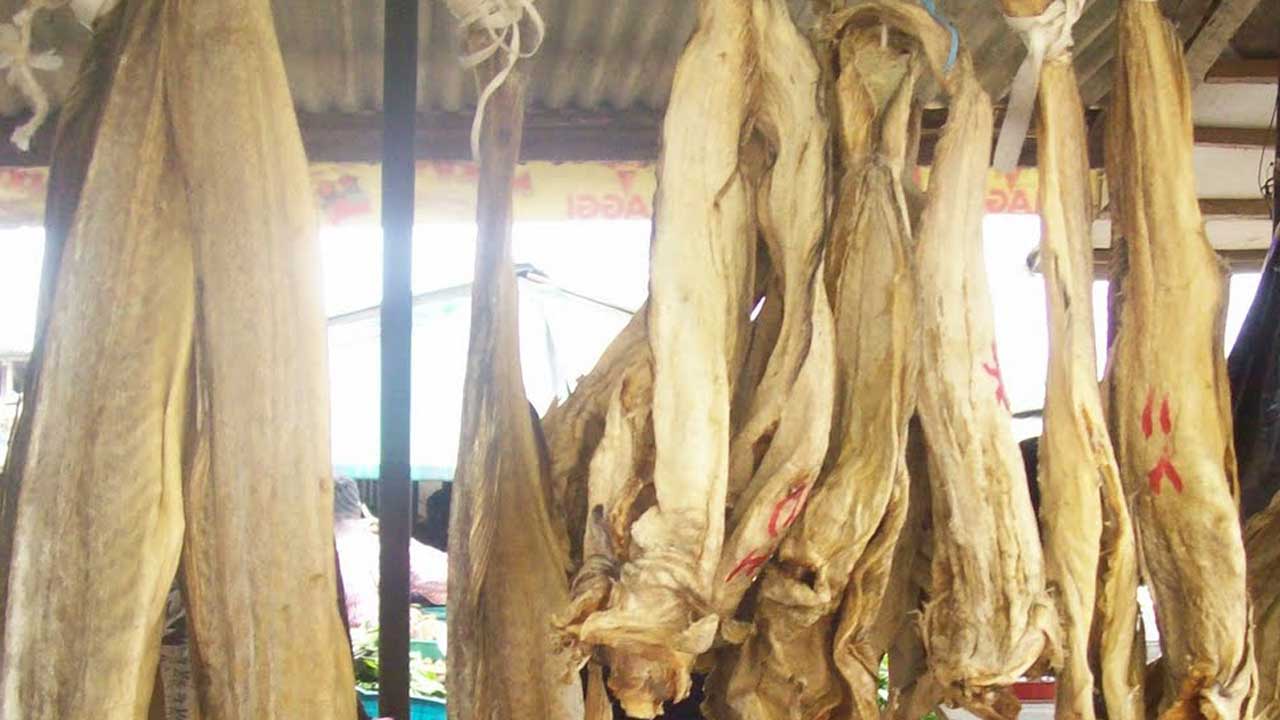
The Minister of Agriculture and Food Security, Abubakari Kyari, has stressed the need for collaborative efforts with private sector and increased investment in agriculture sector to address the lingering challenges of climate change, food insecurity, soil degradation and other obstacles threatening food supply chains in the country.
Kyari, who said this at the Food and Energy Security Conference, an initiative of the Nigeria Sovereign Investigation Authority (NSIA), White and Case, Africa Finance Corporation (AFC) and Afrexim Bank held at Eko Hotels, Victoria Island, Lagos, explained that these reoccurring issues are hindering the full potential of agricultural sector.
He said: “This timely and crucial value reflects our collective and shared commitment to tackling one of the most pressing issues of our time – food insecurity, with unpredictable weather patterns leading to droughts and floods that devastate crops and threaten food supply chains. Our agricultural sector, a pillar of Nigeria’s economy, faces numerous obstacles limiting its full potential.
“Soil degradation, driven by overuse and foreign land manageable practices continues to reduce agricultural yields. Furthermore, inadequate infrastructure from roads and irrigation networks to storage facilities exacerbates food loss and raises the cost of agricultural imports.”
Kyari said the current administration has made it essential to take deliberate actions to boost agriculture sector for national food security and economic stability of the country, adding that there is need for collaborative efforts with the private sectors for better solution to these problems.
“The administration of President Bola Ahmed Tinubu has made it a top priority to boost agriculture as a pathway to national food security and economic stability. We are determined to transform our agricultural landscape, but we cannot do it alone. The solutions we seek must be both innovative and consistent.
“We need to increase our investment in climate smart agriculture to make our farms more resilient to the effects of climate change, expanding irrigation systems and adopting water conservation practices will be critical. We must also accelerate the adoption of high yielding climate resilient crop varieties to save food production.”
In a fireside chat about the rule of law attracting international investment towards food and energy security in Africa, the Minister of Justice and Attorney General of the Federation, Prince Lateef Fagbemi, who identified some challenges faced in the energy sector, explained the deliberate actions the president has taken to address some of these issues.
In his words: “In Nigeria, the energy sector faces challenges such as supply disruptions, electricity affordability, crude oil price volatility and the pursuit of sustainability. The lack of energy security has wide reaching economic implications as all sectors depend directly or indirectly.
“First, the President issued a directive to reduce contracting costs and timelines in the petroleum sector aiming to streamline processes and cut bureaucracy. Finally, the oil and gas companies, tax incentive, exemption, remission….”
Also, in a panel session titled: “Food Security: Imperative for Africa and Opportunities on the horizon,” the Group Executive Director, BUA, Kabiru Rabiu, asserted that production is the main issue of agriculture in Nigeria, citing the poor statistics of agricultural production lands.
He said: “I think the problem Nigeria has is with agricultural production. Processing is not really so much of a problem and when you look at the fundamentals of agriculture, look at irrigation, for example, there’s no way you can do sustainable farming without proper irrigation.
“But the land that we have under agricultural production is only three or four million hectares, only 10 per cent, which is only 170,000 hectares are under irrigation. When you look at our irrigated land versus our total arable land is only 0.5 per cent. It’s not even up to one per cent.”
A key highlight of the event was the signing of MoU, between AFC and NSIA to address the gaps in Nigeria’s food storage and logistics infrastructure.





